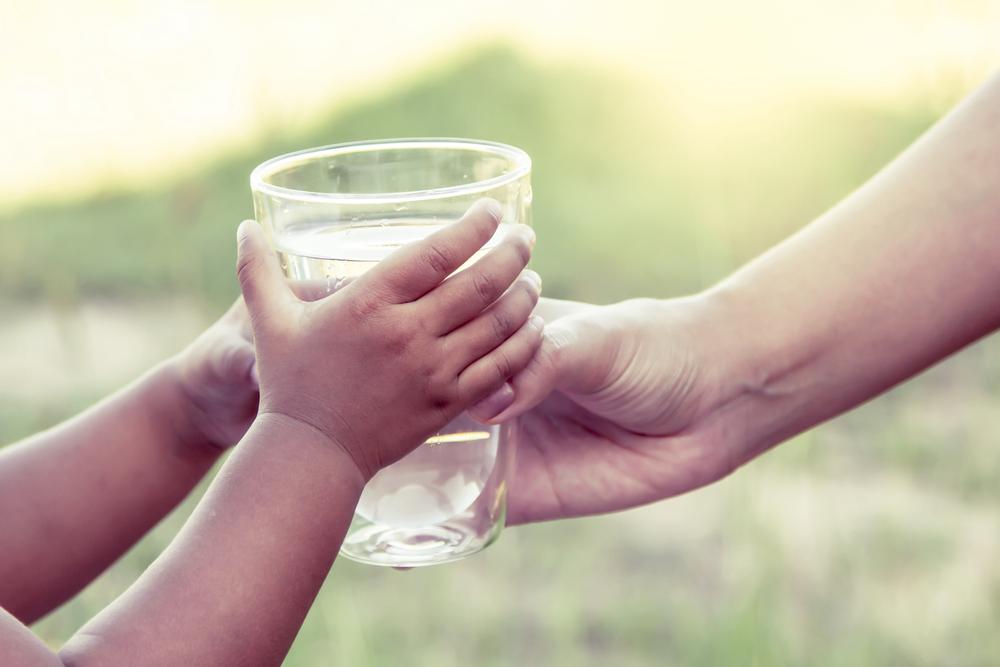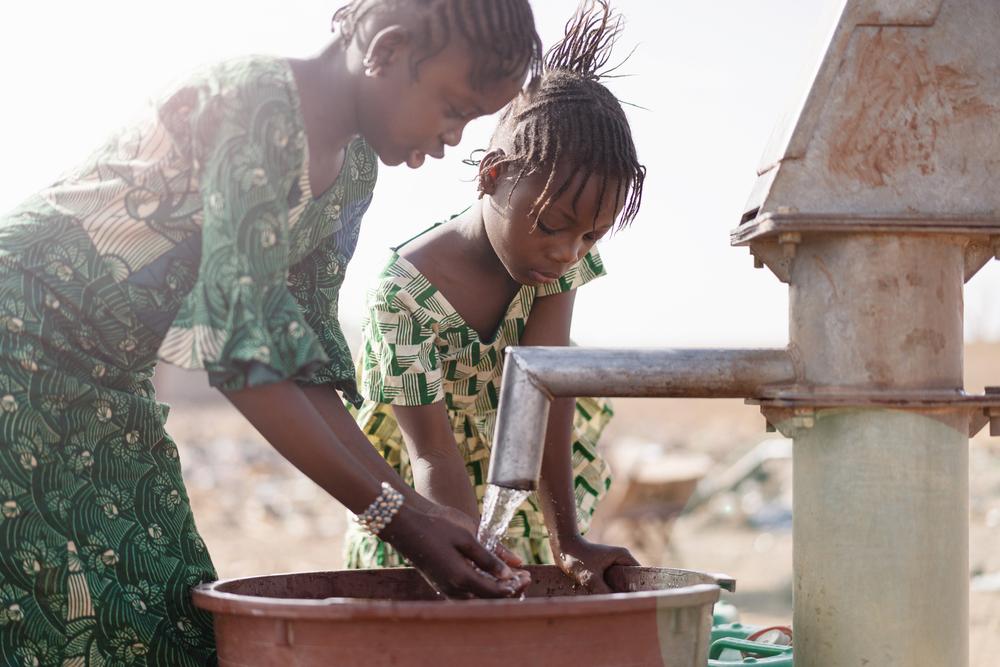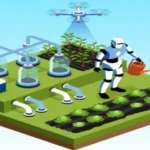In the tapestry of global challenges, the water crisis looms as a pervasive thread, affecting not only the physical health of communities but also the educational prospects of the most vulnerable among us—children in developing countries. In this exploration, we navigate the intricate relationship between dirty water and the hindrance it poses to learning opportunities for these young minds.
The Symbiosis of Water and Education
In many developed regions, access to clean water is often taken for granted, an implicit facilitator of education. However, in developing countries where waterborne diseases proliferate due to contaminated water sources, the dynamic shifts dramatically. Children, the torchbearers of the future, find themselves ensnared in a vicious cycle where the lack of clean water becomes a formidable barrier to educational advancement.

The Disruptive Impact of Water-Related Illnesses
Waterborne illnesses, such as cholera, dysentery, and parasitic infections, become silent adversaries in the pursuit of knowledge. The debilitating impact of these diseases on children’s health not only leads to frequent absenteeism but also diminishes their ability to concentrate when present. The result is an educational landscape marred by interruptions, where children are forced to prioritize survival over learning.
The Ripple Effect on Attendance and Dropout Rates
Dirty water initiates a ripple effect that manifests in attendance and dropout rates. A child grappling with the aftermath of waterborne diseases is likely to miss significant periods of schooling, creating gaps in their education. The cumulative effect of these interruptions often compels children to drop out altogether, perpetuating a cycle of limited opportunities and reinforcing societal challenges.
Hygiene Education: A Missing Link in the Educational Chain
To break the chains of this cycle, it becomes imperative to not only address water contamination but also to impart hygiene education. Many children in developing countries lack awareness of basic hygiene practices that could shield them from water-related illnesses. Incorporating hygiene education into school curriculums becomes a crucial step toward empowering them with knowledge that extends far beyond the classroom.
Community Solutions: Empowering Families to Combat Water Contamination
The solution to this crisis lies not in isolation but in community-driven initiatives that address the root causes of water contamination. By empowering communities to build and maintain water wells, a sustainable and long-term impact can be achieved. The process involves not only providing access to clean water but also fostering a sense of ownership and responsibility within the community.
The Transformative Power of Water Wells
Water wells stand as beacons of hope, transforming communities and paving the way for children to reclaim their right to education. These wells, strategically placed and well-maintained, act as guardians against waterborne diseases, ensuring that children can attend school regularly and participate fully in the learning process.
Donate Water Well: A Call to Action
In supporting initiatives that donate water wells to communities, we contribute to breaking the chains that bind children to a life of limited educational opportunities. By investing in sustainable solutions, we become advocates for change, acknowledging the interconnectedness of clean water and education. Each donated water well becomes a testament to the resilience of communities and the potential for transformative impact.
Conclusion: Nurturing Minds, One Drop at a Time
As we navigate the intricate interplay between dirty water and hindered learning opportunities, the call to action becomes clear. Through community-driven solutions and initiatives that donate water wells, we can create a world where every child, regardless of their geographical location, has the chance to pursue education without the shackles of waterborne diseases. In nurturing their minds, we not only uplift individual lives but contribute to the collective growth of communities, ensuring that the ripples of positive change extend far beyond the confines of a well-built and well-maintained water source.
ALSO READ: Fapello: A Comprehensive Guide to the Innovative Water Purification System











